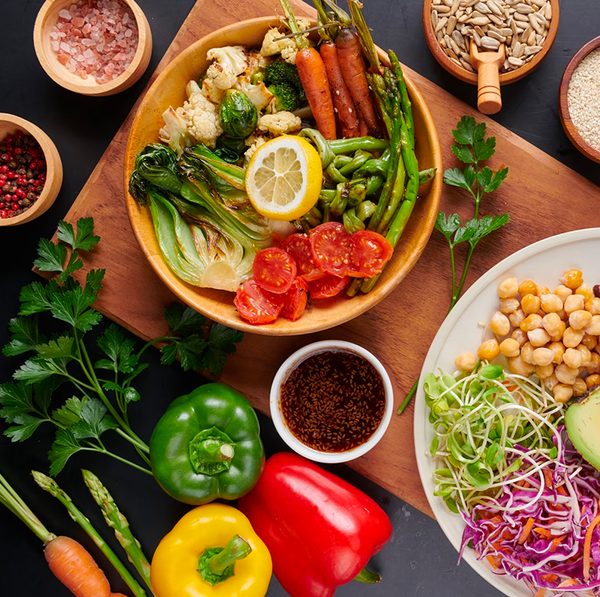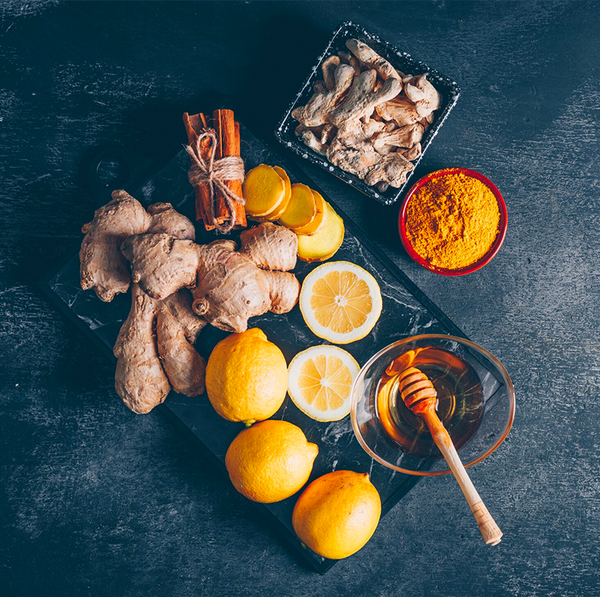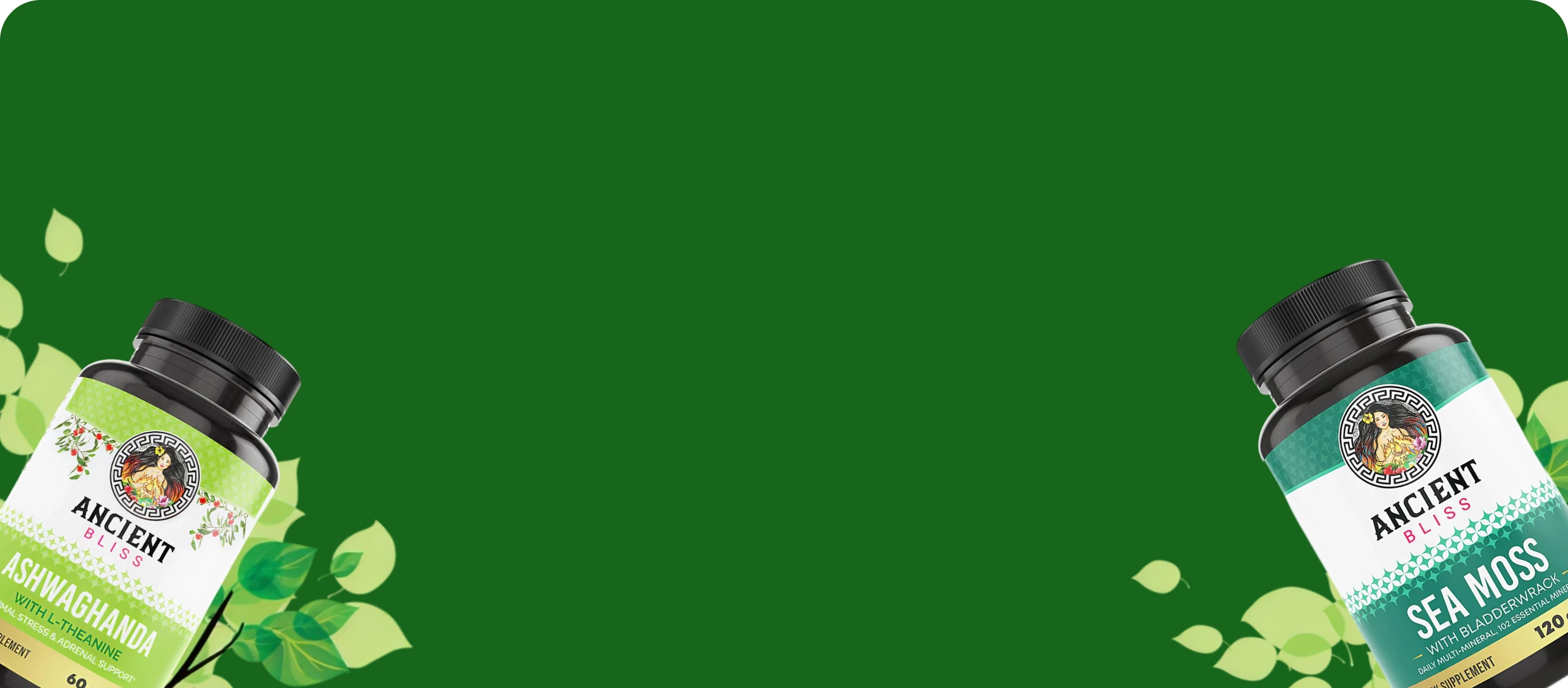The Importance of Testosterone (And How to Optimize it)

Testosterone is kind of a big deal, especially for men.
Despite the hormone’s seemingly simplistic exterior, testosterone is rooted in our physiology, dictating many processes.
But what makes testosterone so unique, and why should we care about it? More importantly, how can we ensure that our testosterone levels are ‘optimal’?
Let’s discuss.
What Is Testosterone?
Testosterone is a potent hormone that plays a massive role in developing male characteristics (1). Men have significantly higher testosterone levels than women because the hormone is primarily produced by Leydig cells inside the testicles. Women produce much smaller amounts in their ovaries.
Men and women develop differently, primarily thanks to testosterone. The hormone allows men to develop distinct characteristics, including:
- A deeper voice
- More body hair
- Prominent jawline
- Greater bone mineral density
- More muscle mass and strength
- An Adam’s apple
Put simply, testosterone is what makes men, well, men. Women lack these characteristics because of their much lower circulating testosterone levels.
Aside from its impact on masculine traits, testosterone is vital for gene expression, well-being, mental health, post-exercise recovery, and more (2, 3). The hormone has such profound effects on the body that not having enough of it can wreak havoc on your health. Speaking of that, let’s discuss the adverse effects of low T levels.
The Adverse Effects of Low Testosterone In Men
Hypogonadism, a condition that refers to insufficient testosterone levels, is widespread and plagues millions of men today. As one of the primary hormones in the body, low testosterone impacts our health, physical development, cognition, and more.
A notable effect of low testosterone levels in men is a struggle for physical development (4, 5). Men with hypogonadism often struggle to build muscle mass or get stronger even if they follow a good training and nutrition plan.
Hypogonadism also leads to fat gain, especially around the midsection in men (6). The combination of low muscular development and a high body fat percentage often makes men skinny fat (appearing thin with clothes on but having a gut, love handles, and man boobs).
As mentioned above, testosterone is also rooted in male psychology, and not having enough of the hormone can lead to symptoms such as (7):
- Indecisiveness
- Low confidence
- Anxiety
- Depression
- Mood swings
- Problems with sleep
- Cognitive issues
Lastly, hypogonadism impairs men's reproductive health, often leading to low sperm count and an inability to have children (8). Aside from that, insufficient testosterone impairs male sexual desire, making men less likely to pursue relationships with women.
Another Huge Problem With Testosterone
A significant problem with testosterone is that many men have to pay careful attention to the hormone if they hope to prevent hypogonadism. If left unchecked, testosterone levels would plummet, causing an array of adverse effects on men’s health, well-being, and quality of life.
According to some research, average testosterone production slows down, typically in the early thirties. Researchers suggest that testosterone drops by roughly 1.6 percent annually, which might not seem that bad, but it can add up tremendously over a couple of decades (9).
For example, a 1.6 percent annual drop would mean a total decline of 32 percent over twenty years. If your average testosterone level is 550 ng/dL at age 30, you can expect it to drop to 374 by fifty. Unsurprisingly, older men struggle to build muscle and lose fat. They also suffer from low sex drive, erectile dysfunction, anxiety, depression, and more.
While every man should be conscious of their testosterone and take measures to improve it, those beyond thirty should be particularly vigilant. With that in mind, let’s now look at how to optimize your testosterone without subjecting yourself to TRT (testosterone replacement therapy).
How to Raise Your Testosterone Levels: The First Three Steps
1. Get Enough Sleep
Sleep is not the most exciting subject to discuss, but we have to keep it in mind because it plays a massive role in our health and well-being. Men interested in optimizing their testosterone should pay special attention to their sleeping habits because not getting enough of it can lead to hypogonadism (10).
For example, in one study, sleep-deprived men saw a drop in testosterone levels of 15 percent (11). Another paper also finds a strong link between inadequate sleep and hypogonadism in men.
According to most guidelines, we should aim for at least seven hours per night (12).
2. Exercise Regularly
Regular exercise has been linked to high testosterone levels for a long time. For example, a study published way back in 1983 found that men who lifted weights saw significant improvements in testosterone levels (13).
Other research finds a strong link between physical activity and healthy testosterone levels (14, 15). One possible reason for these effects is that exercise helps us maintain a healthy weight. Preventing excessive fat gain limits the abilities of the aromatase enzyme to convert testosterone into estrogen.
3. Take Certain Natural Compounds
Research suggests that certain natural compounds can elevate testosterone levels in men. Here are a few of them:
- Tribulus Terrestris extract - some studies suggest that the small leafy plant can increase libido and erectile health in men (16).
- Turkesterone – it appears to improve muscle growth and athletic performance, both of which indicate favorable effects on testosterone (17).
- L-arginine - an amino acid that plays a vital role in testosterone health and protein production.
- Pine bark extract - a study from 2010 showed that men who took pine bark extract saw improvements in erectile health and testosterone (18).
- Yohimbe bark - some research shows that yohimbe improves measures of erectile health and raises serum testosterone (19).
- Tongkat Ali - a study found that subjects who supplemented with Tongkat Ali saw significant improvements in testosterone levels (20).
- Ashwagandha - according to research, the compound can improve measures of testosterone and sperm quality in men (21).
- Sea Moss - Provides 102 essential minerals increasing Libido and Energy Levels
- Nettle leaf - it binds to sex hormone-binding globulin (SHBG), thus preventing the protein from reducing levels of free testosterone (22)
We’ve put all of these effective compounds into a single product to cover all of your physiological needs: Hard Bliss.
In same category
-
![]()
The Importance of Testosterone (And How to Optimize it)
Testosterone is kind of a big deal, especially for men. Despite the hormone’s seemingly simplistic exterior, testosterone is rooted in...
-
![]()
The Importance of Testosterone (And How to Optimize it)
Testosterone is kind of a big deal, especially for men. Despite the hormone’s seemingly simplistic exterior, testosterone is rooted in...
-
![]()
The Importance of Testosterone (And How to Optimize it)
Testosterone is kind of a big deal, especially for men. Despite the hormone’s seemingly simplistic exterior, testosterone is rooted in...






